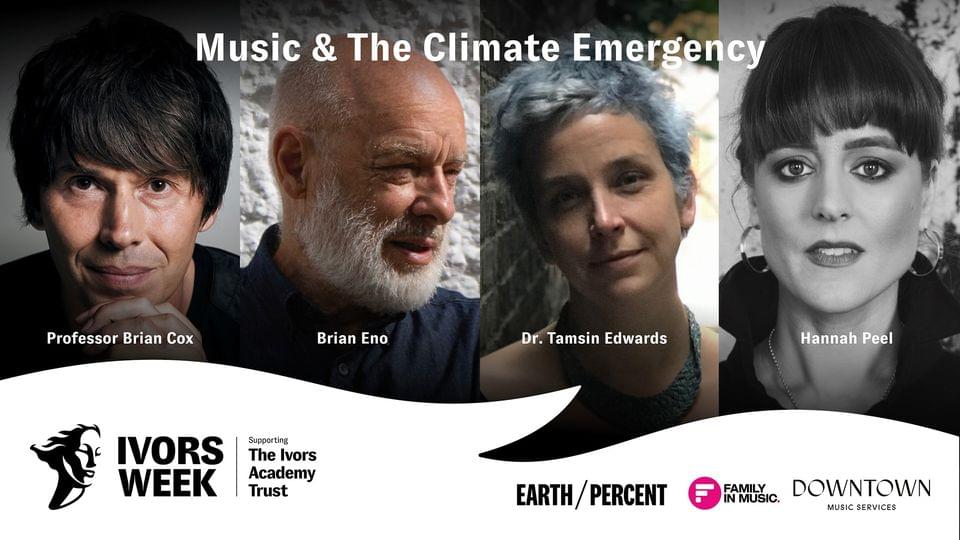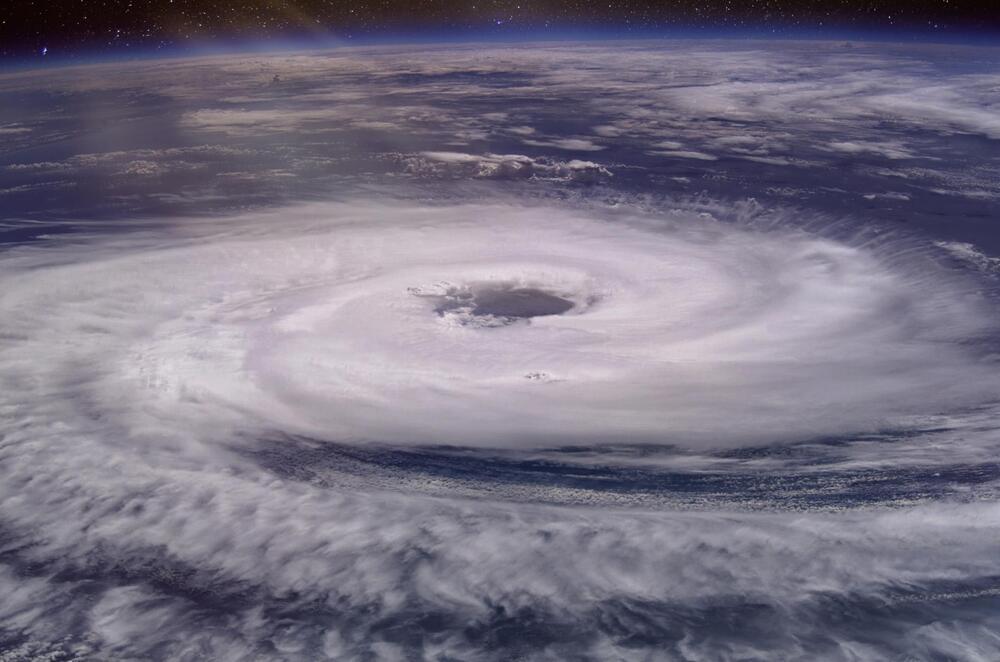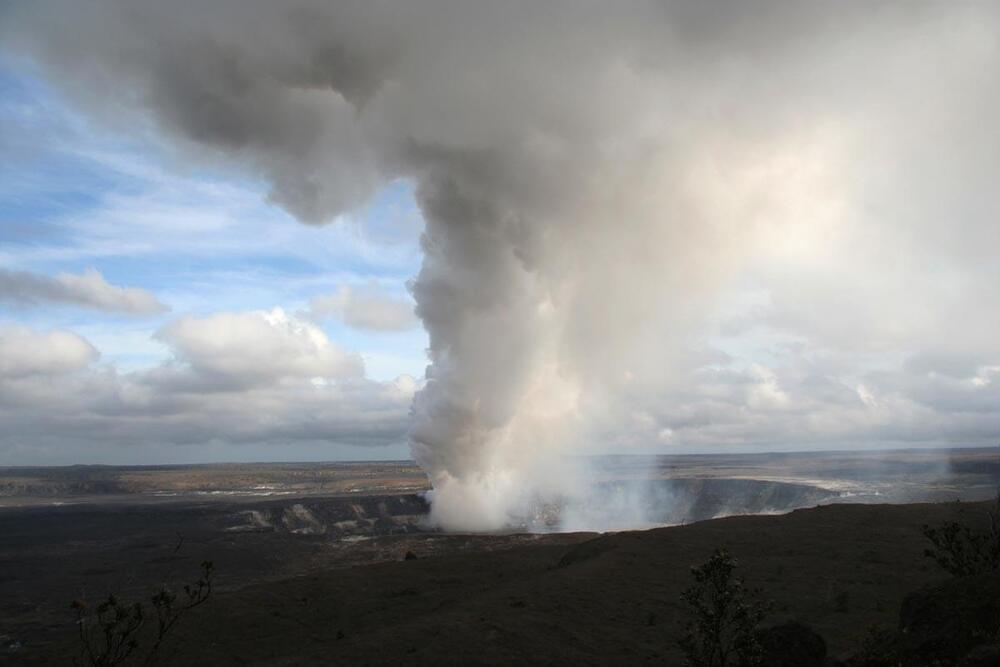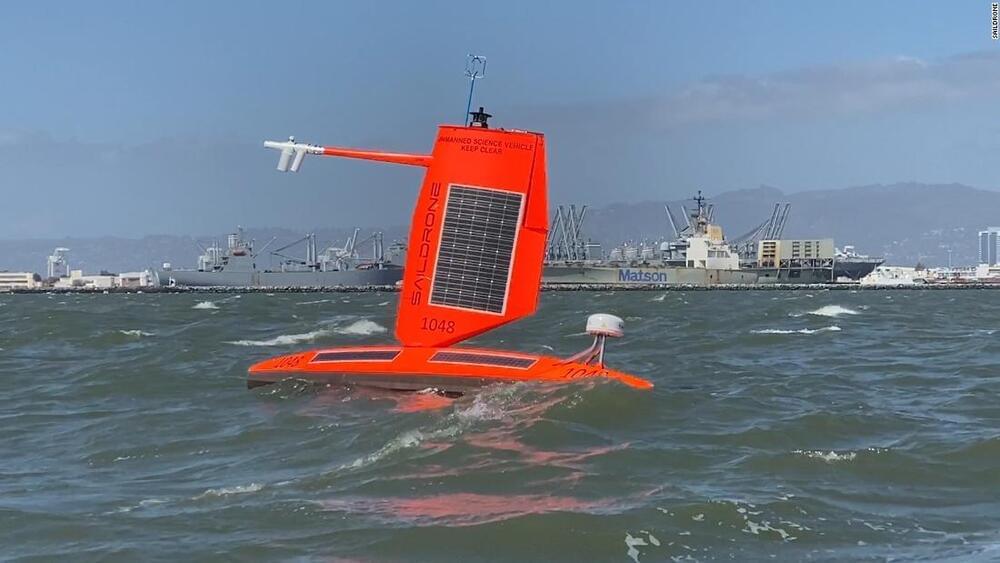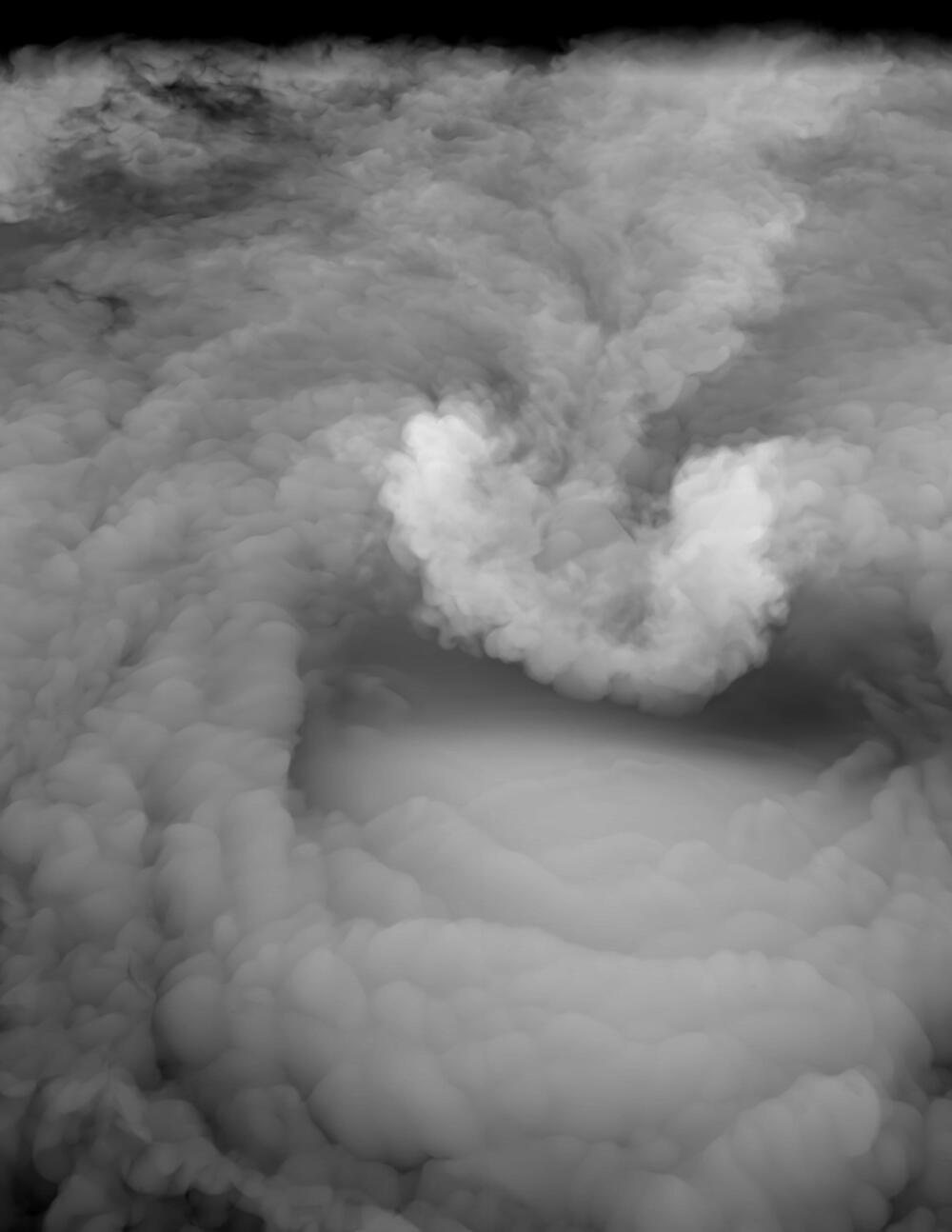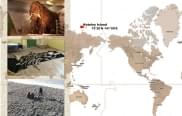Disaster sciences, digital twins & artificial intelligence — craig fugate, chief emergency management officer, one concern.
Mr. Craig Fugate is the former Director of the Florida Division of Emergency Management, and former administrator of the Federal Emergency Management Agency (FEMA — an agency of the United States Department of Homeland Security, whose primary purpose is to coordinate the response to disasters that have occurred in the United States and that overwhelm the resources of local and state authorities.)
Mr. Fugate is currently the Chief Emergency Management Officer of One Concern, (a Resilience-as-a-Service solutions company that brings disaster science together with machine learning for better decision making).
Mr. Fugate is also senior advisor at BlueDot Strategies, where he assists a range of clients with emergency management implementation strategies and crisis communications.
Mr. Fugate serves on the Board of Directors of PG&E Corp., one of the largest electric and natural gas utilities in the U.S., and on the staff at Indian River State College, serving as a strategic consultant in emergency management.

